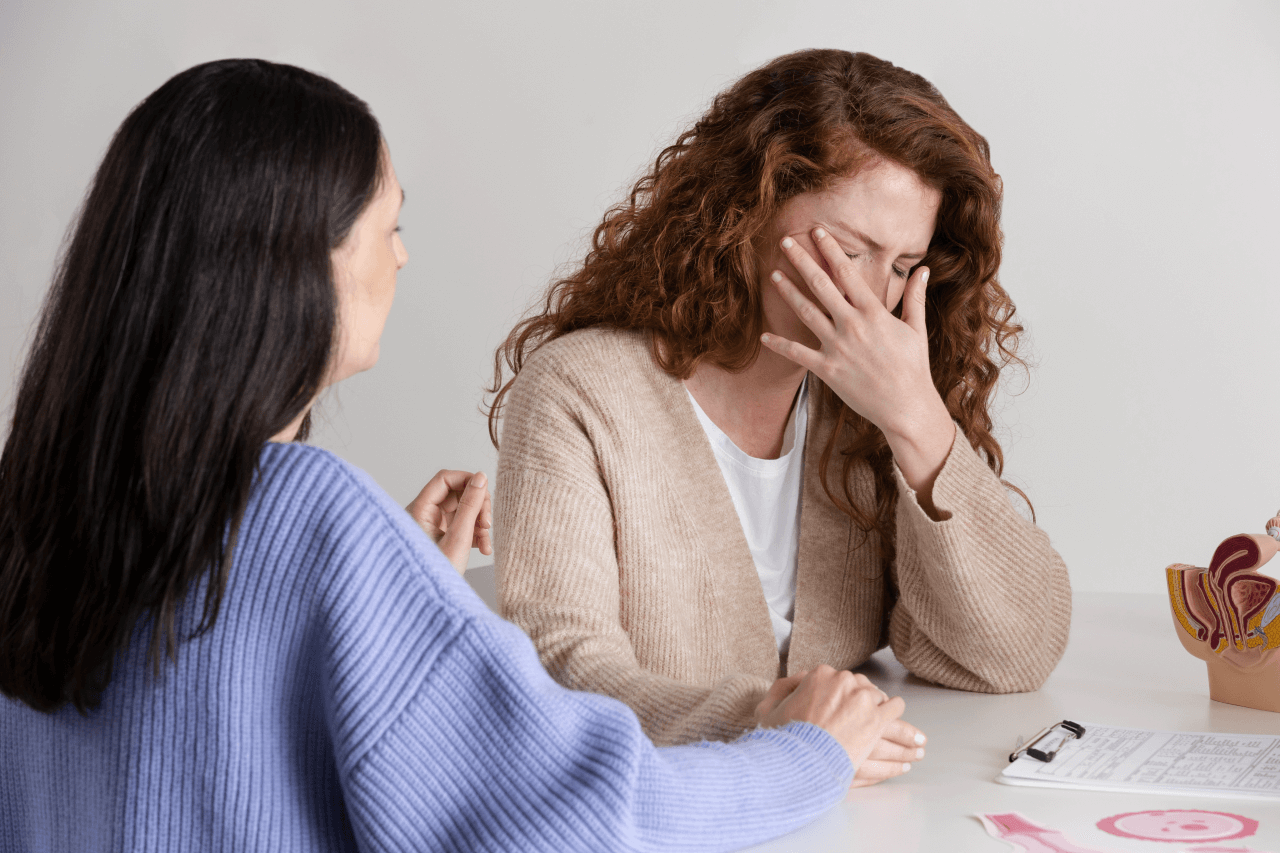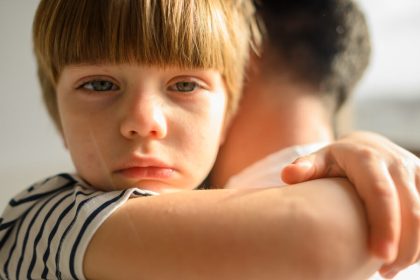PTSD stands for Post-Traumatic Stress Disorder. It is a psychiatric disorder that can develop in some people after they have experienced or witnessed a traumatic or life-threatening event. These events can include but are not limited to combat exposure, natural disasters, accidents, physical or sexual assault, or any other traumatic event that may elicit intense fear, helplessness, or horror. Symptoms of PTSD can include flashbacks, nightmares, intrusive thoughts, avoidance of reminders of the trauma, negative changes in mood and thinking, hyperarousal, and changes in sleep and appetite. In this article we will discuss the effects of it on day to day activities, along with 7 effective strategies for PTSD.
How does PTSD affect your life?
PTSD can have a significant impact on various aspects of a person’s life. Here are some ways in which it can affect individuals:
- Mental health: PTSD often leads to persistent symptoms of anxiety, depression, and irritability. The individual may experience intrusive thoughts, flashbacks, and nightmares related to the traumatic event, causing distress and impaired concentration.
- Relationships: People with PTSD may have difficulties forming and maintaining relationships. They might feel emotionally detached or numb, making it challenging to connect with others. Additionally, their hyperarousal symptoms like irritability or anger can strain relationships.
- Social life: Individuals with PTSD often withdraw from social activities or isolate themselves. They may feel uncomfortable or unsafe in crowds or public places, limiting their enjoyment of social events or gatherings.
- Employment/education: PTSD can affect job performance or academic progress. Concentration difficulties, memory problems, and frequent absences due to therapy or other treatment can impact one’s ability to work or study effectively.
- Physical health: PTSD can manifest as physical symptoms, such as headaches, gastrointestinal problems, or chronic pain. These physical symptoms may further contribute to a decreased quality of life.
- Substance abuse: Some individuals with PTSD may turn to alcohol or drugs as a way to self-medicate and cope with their symptoms. This can lead to substance abuse issues and exacerbate the overall impact on their life.
Why is Treatment important?
Treatment for PTSD is important because it can help people manage their symptoms and improve their quality of life.
The sooner someone gets treatment for PTSD, the better the chances of recovery. In many cases, treatment can help people to get rid of their symptoms altogether. For others, symptoms may be less intense or happen less often. After treatment, people can learn to cope with their symptoms and live a full and productive life.
Here are some of the benefits of getting treatment for PTSD:
- Reduce symptoms of PTSD, such as flashbacks, nightmares, avoidance, and anxiety.
- Improve quality of life by reducing distress and increasing ability to function at work, school, and in relationships.
- Learn coping skills to manage symptoms.
- Understand the trauma and how it has affected you.
- Build a stronger sense of self-esteem and confidence.
- Connect with others who have been through similar experiences.
If you are struggling with PTSD, please know that you are not alone. There is help available. Talk to your doctor or a mental health professional about getting treatment.
7 Effective Strategies for PTSD
There are many effective strategies for managing PTSD symptoms. These strategies can help people to cope with their trauma, improve their quality of life, and recover from PTSD.
Here are 7 effective strategies for PTSD:
- Seek professional help: Reach out to mental health professionals who specialize in trauma and PTSD. They can provide therapy, such as cognitive-behavioral therapy (CBT) or eye movement desensitization and reprocessing (EMDR), to help process the traumatic event and develop coping skills.
- Practice relaxation techniques: Engage in relaxation exercises like deep breathing, meditation, progressive muscle relaxation, or yoga. These techniques can help reduce anxiety, promote calmness, and restore a sense of control.
- Establish a routine: Creating a daily routine can provide a sense of structure and stability, which can be particularly helpful for individuals with PTSD. Having a predictable schedule helps to minimize unpredictability and triggers.
- Stay connected: Isolation can worsen PTSD symptoms, so it’s important to maintain social connections with friends and loved ones. Sharing your experiences and feelings with trusted individuals can offer support, understanding, and a sense of belonging.
- Engage in self-care: Taking care of your physical and mental well-being is crucial. Ensure you get enough sleep, exercise regularly, eat a balanced diet, and engage in activities that bring you pleasure and relaxation, such as hobbies or spending time in nature.
- Avoid substance abuse: Substance use can exacerbate symptoms of PTSD and hinder recovery. Stay away from alcohol or drugs as a means of coping and instead seek healthier alternatives, such as counseling or support groups.
- Educate yourself: Learn about PTSD and its symptoms so that you can better understand your experiences and develop strategies to cope. Organizations like the National Institute of Mental Health (NIMH) and the National Alliance on Mental Illness (NAMI) offer educational resources on PTSD.
Conclusion
Post-Traumatic Stress Disorder (PTSD) is a complex psychiatric condition that can have profound effects on an individual’s life. It permeates various facets of one’s existence, from mental health and relationships to social activities, employment, physical well-being, and even the risk of substance abuse. However, it is essential to recognize that PTSD is treatable, and seeking help is a crucial step towards regaining control and improving one’s quality of life.
The importance of treatment cannot be overstated, as it offers a pathway towards symptom reduction and recovery. Whether through therapy, coping skills development, or building a support network, treatment can help individuals confront and manage their trauma, ultimately fostering a stronger sense of self-esteem and resilience. The message is clear: if you or someone you know is grappling with PTSD, help is available, and it can lead to a brighter future.
Furthermore, this article has outlined 7 effective strategies for managing PTSD, emphasizing the significance of seeking professional assistance, practicing relaxation techniques, establishing routines, maintaining social connections, engaging in self-care, avoiding substance abuse, and educating oneself about the condition. By implementing these strategies, individuals can take proactive steps towards healing and regaining control over their lives.
In closing, PTSD is a challenging condition, but it is not insurmountable. With the right support, resources, and strategies, individuals can navigate the path to recovery and ultimately find hope, resilience, and a renewed sense of well-being.
FAQs
What is PTSD, and what causes it?
PTSD, or Post-Traumatic Stress Disorder, is a psychiatric disorder that can develop after a person has experienced or witnessed a traumatic event, such as combat exposure, natural disasters, accidents, or physical/sexual assault. It typically arises from intense fear, helplessness, or horror during the traumatic experience.
How does PTSD affect daily life?
PTSD can have a significant impact on mental health, relationships, social life, employment or education, physical health, and may even lead to substance abuse issues.
Why is treatment important for PTSD?
Treatment is crucial because it can help manage symptoms, improve quality of life, and promote recovery. It enables individuals to cope with their trauma, understand its effects, and develop healthier ways to move forward.
What are some relaxation techniques that can help with PTSD?
Effective relaxation techniques include deep breathing, meditation, progressive muscle relaxation, and yoga. These practices help reduce anxiety, promote calmness, and restore a sense of control.





